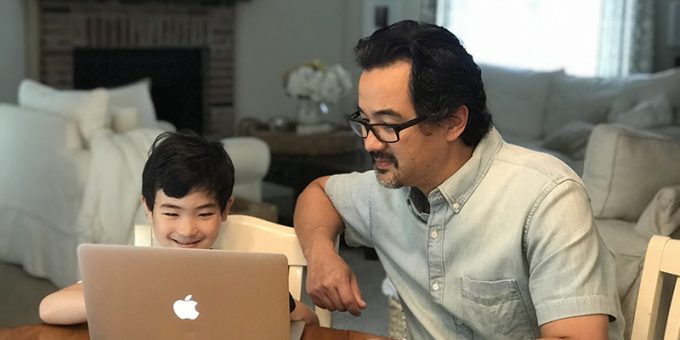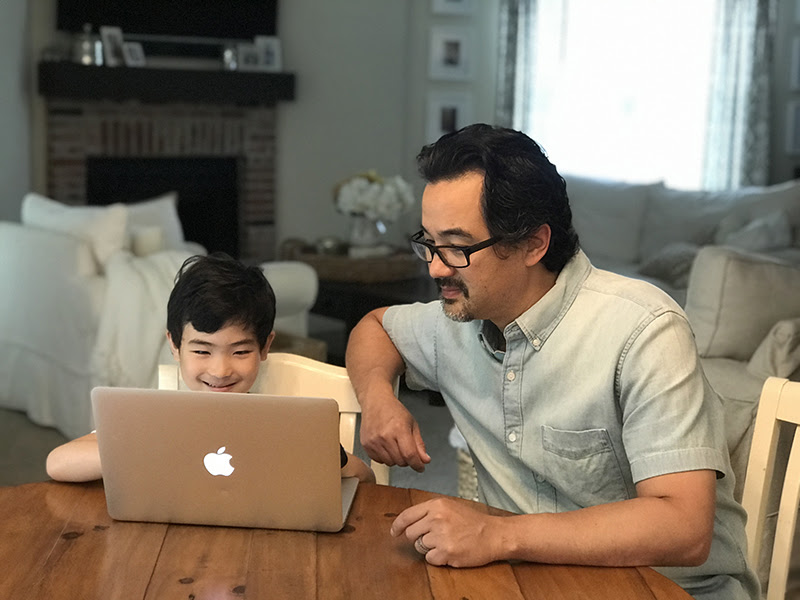
(WEST LAFAYETTE) — COVID-19 has changed the outlook for education, highlighting the potential for online learning and the need for more personalized learning options for students, according to a Purdue University College of Education professor.

William Watson, associate professor of learning design and technology, said student education levels are more likely to be spread all along the spectrum this school year based on what educational support they received at home.
Using personalized approaches to online instruction allows learning to be based more on each student’s individual strengths, weaknesses, goals and motivations, he said.

“A personalized approach to learning supports student autonomy and the direction of each student’s learning process,” Watson said. “It values a student’s self-direction, motivation and engagement beyond simple knowledge acquisition.”
“Ultimately, the move to personalized systems of education is a question of when, not if,” he said.
Watson is director of Purdue’s Center for Serious Games and Learning in Virtual Environments and studies the leveraging of technology to create more personalized learning.
Despite the efforts of instructors this year, the pandemic highlighted how unprepared many schools were to meet the suddenly altered learning situation of their students.
Watson said personalized learning moves past the traditional education style where students are grouped by age, with those that learn more quickly moving on and leaving behind others who learn at a slower rate.
“If we move away from this, we can use online learning to structure our process in very different ways, namely, personalizing the process for each student to ensure learning, efficiency, and personal meaning,” Watson said.
Information – Brian Huchel, bhuchel@purdue.edu



